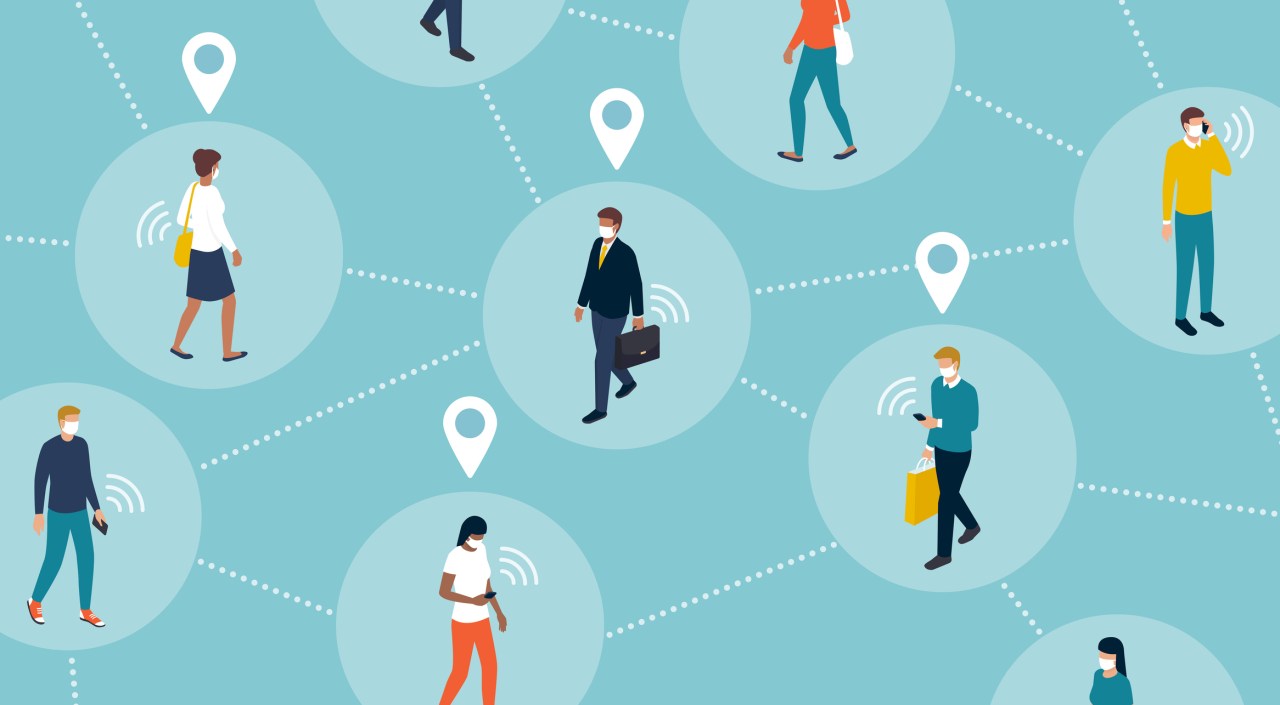As nations worldwide grapple with the ongoing challenges posed by the coronavirus, one critical lesson has surfaced: while innovation is essential in combating public health crises, the respect for individual privacy must remain steadfast. Countries like South Korea have demonstrated that intelligent technology, especially artificial intelligence (AI), can play a decisive role in mitigating the spread of the virus. However, this innovation cannot come at the expense of civil liberties. In this blog post, we will explore how AI is being leveraged in the pandemic response while navigating the intricate web of privacy concerns these advancements evoke.
The Success of South Korea: A Case Study in Technology and Public Health
South Korea’s aggressive response to COVID-19 has garnered global attention, largely due to its innovative use of technology. The government’s approach included extensive data collection through various avenues, including credit card transactions and cell phone geolocation data. By employing a smartphone app that tracks quarantined individuals, officials could be instantly alerted if anyone crossed designated boundaries.
While these measures significantly reduced virus transmission, the potential implications for individual privacy were alarming. Thousands of data points were analyzed, leading to questions about the extent of surveillance that citizens were exposed to. This situation brings to light an essential consideration: can we harness the power of AI in public health without sacrificing personal privacy?
The Broader Adoption of AI in Pandemic Management
South Korea is not alone in its use of AI. Countries including China, Italy, and Singapore have utilized mobile phone location data to combat the pandemic. With AI’s ability to analyze vast amounts of data, public health officials can predict outbreak patterns, determine hotspots, and model potential infection chains. The process of collecting and analyzing anonymized data has opened avenues for better response strategies.
- In the U.S., the White House is collaborating with tech companies to access aggregated location data for effective tracking.
- The U.K. government is testing a contact-tracing app that utilizes a centralized data approach but grapples with privacy implications.
- Germany opted for a decentralized solution after privacy concerns were raised, highlighting the ongoing debate about data security.
The Privacy Paradox: Balancing Data Use and Human Rights
Despite the potential benefits of AI applications in combating COVID-19, the risks associated with data misuse loom large. Governments are often pressed for time, leading to hurried implementation of technologies without sufficient evaluation. There is a legitimate fear that measures designed as temporary solutions could morph into permanent fixtures of society, leading to unintended consequences concerning privacy.
One notable concern is the emergence of numerous apps aimed at contact tracing, often developed by hobbyists or unregulated entities. While the intentions may be well-meaning, the absence of security standards poses risks for users. Moreover, the challenge remains to discern reliable applications from those lacking adequate protections.
Path Forward: Ensuring Ethical AI Implementation
The integration of AI in public health measures must occur within a framework of ethical guidelines to protect fundamental rights. While we recognize the urgent need for action against pandemics, any technological interventions must prioritize transparent and public-centric operations. Here are some principles to guide the ethical use of AI in this context:
- **Public Accountability**: All AI applications developed in response to the pandemic should be made public, ensuring transparency in data usage.
- **Data Anonymization**: Emphasis should be placed on utilizing anonymized data that still offers valuable insights without infringing on individual privacy.
- **Regulation and Oversight**: Governments should develop proper regulations to assess and authorize AI tools, emphasizing ethical considerations.
At **[fxis.ai](https://fxis.ai)**, we believe that such advancements are crucial for the future of AI, as they enable more comprehensive and effective solutions. Our team is continually exploring new methodologies to push the envelope in artificial intelligence, ensuring that our clients benefit from the latest technological innovations.
Conclusion: The Future of AI in Public Health
The COVID-19 pandemic has illuminated both the potential of AI and the importance of safeguarding our civil liberties. As we navigate this new frontier, it is paramount to cultivate a balanced approach where technological innovation can flourish without compromising human rights. The road ahead requires vigilance to ensure that society does not inadvertently normalize intrusive surveillance under the guise of public health and safety. By cultivating public trust and fostering accountability in AI deployment, we can build a resilient framework for tackling not just this pandemic but any future public health challenges. For more insights, updates, or to collaborate on AI development projects, stay connected with **[fxis.ai](https://fxis.ai)**.

